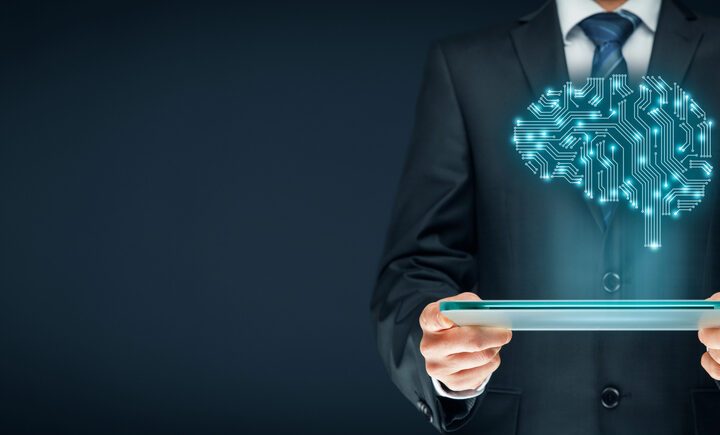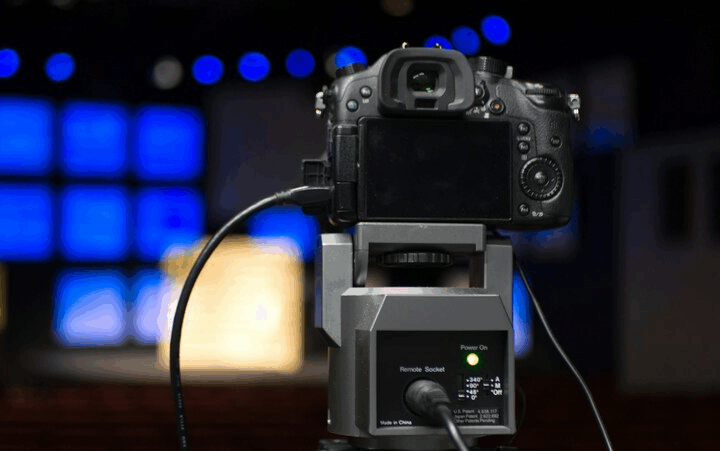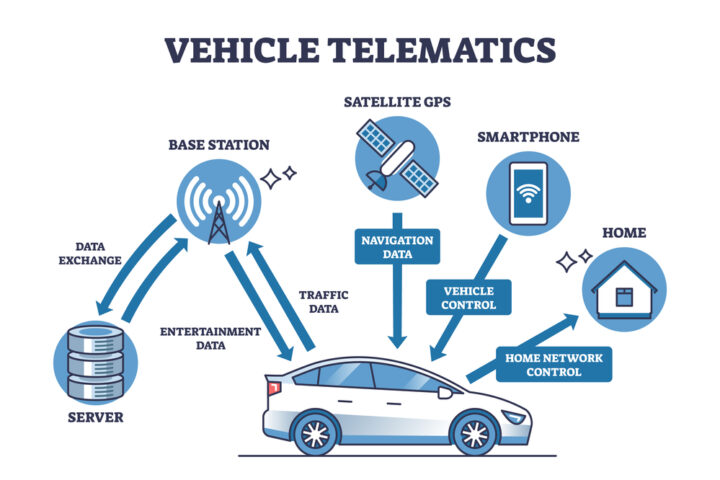Sustainability in business is no longer optional—it’s essential. Technology decisions are important as organisations struggle to reduce environmental footprints, decrease waste during operations, and ensure compliance with ethical standards. Electronics like laptops have a lot to contribute to global emissions and waste unless they are addressed responsibly. Technology reuse approaches are being adopted by companies seeking cost-saving strategies of scale. Of all these, perhaps none of the tools is as effective and functional as the refurbished laptops.
Why Focus on Refurbished Tech for Sustainability?
Shifting to reused technology can be transformative. It decreases strain on nature, lengthens the lifetime of goods, and harmonises business practices with environmental and economic purposes.
Reducing Electronic Waste in Corporate IT
Corporations discard millions of laptops annually in the pursuit of insignificant performance upgrades. A lot of this gear is being used and will work very well after a very cheap makeover. Throwing away such devices is causing an accumulation of e-waste crisis, straining recycling systems, and adding unnecessary loads to them.
A key difference that many companies fail to notice is the controversy of used vs. refurbished Laptops. Although the quality of used equipment cannot be guaranteed, refurbished laptops undergo a professional check, repair, and reuse certification. Such a process significantly improves the life of that product and makes it equivalent to that of new equipment. Refurbished options also mean a business is taking a lower risk, as they are sold against the backdrop of actively reducing the e-waste volume.
Lowering Carbon Emissions from Manufacturing
Electronics manufacturing is among the most resource-intensive industrial processes. Manufacturing a single laptop requires hundreds of kilowatt-hours of energy, and a large carbon footprint is generated well before it reaches the consumer.
Nonetheless, one of the Common Myths About Refurbished Laptops is that they are highly inefficient in terms of energy usage. Contrary to the assumption that refurbished models may have noticeably higher power consumption up to the level of new devices, in reality, most of them are redesigned with new components or optimised software and consume the same or nearly the same amount of power as newer devices. More to the point, reselling a laptop prevents the considerable carbon footprint that would be left by creating an entirely new one.
Financial Sustainability and Smart Budgeting
Conscious environmental decisions need not be at a premium. In fact, refurbished laptops present a compelling financial advantage. Approximately 30-50 percent less expensive than new machinery, they can be cost-effective even to startups, SME businesses, and even larger organisations.
Organisations often ask themselves the question of the best age to buy a refurbished laptop. The sweet spot is around 1-3 years following the initial release. At this stage, the device is still relatively modern hardware, but at a discounted price of half of the initial value. The devices at this price band are often business-centred models, initially designed to be resilient and have a long life span.
Smart budgeting using refurbished technology not only assists green underpinnings but also creates room for additional sustainability expandability, such as renewable sources of energy, carbon offsetting, or employee learning.
Supporting the Circular Economy Model
The circular economy aims to adopt a model of reusing, repairing, and circulating resources instead of wasting them. Corporations’ engagement in this model plays a major role in minimising environmental degradation.
According to a UK government study conducted by WRAP (Waste and Resources Action Programme), greenhouse gas emissions associated with lengthening the lifespan of IT equipment can be halved (i.e., reduced up to 50 percent) per device lifecycle. Companies buying refurbished laptops are thus taking direct part in this reuse process, which reduces the need to produce new laptops and extracts fewer resources.
A second report by Green Alliance UK, based in the United Kingdom, observes that companies that engage in reuse strategies can avoid up to 70 percent of their related emissions. Refurbishment, a pillar of that process, will give businesses a direct route to environmental responsibility via practical action.
Enhancing Environmental, Social, and Governance (ESG) Scores
Engagements on Environmental, Social, and Governance (ESG) measures have emerged to be an important determinant for investors, clients, and regulatory bodies. Companies that have high ESG scores are perceived as responsible, trendy, and risk-proof.
Adopting refurbished laptops contributes positively to several ESG indicators. Environmentally, it reduces resource consumption and carbon emissions. Numerous practices within the field of refurbishing organisations are socially ethical with regard to sourcing and labour practices. In governmental terms, companies will be able to show a sustainable procurement policy and waste reduction policy.
Studies by the UK Sustainable Investment and Finance Association (UKSIF) found that companies that had embraced the idea of using green processes in procurement, such as the refurbishment of IT equipment, had better stakeholder confidence and higher investment appeal over the long term.
Elevating Employee Awareness and Engagement
Sustainability is not a vacuum; it requires an organisational culture. When employees are supplied with refurbished laptops as part of their daily job equipment, they are included in the greater mission of eco-responsibility.
Such choices promote a culture of responsibility and innovation. Employees can start doubting whether they actually need to constantly upgrade their hardware or learn to handle their machines better. These micro-customer behaviours accumulate and reaffirm the bigger sustainability story in the organisation. More often than not, employee buy-in is what can make that one-off policy a permanent change towards more environmentally friendly practices.
Meeting Corporate Social Responsibility (CSR) Objectives
Corporate Social Responsibility efforts extend beyond branding. Their associations commit to practical activities that can help society and lessen environmental degradation. The refurbished laptops can be considered a legitimate, quantitative corpus for CSR standards.
By buying from certified refurbishers, companies can create local green employment, curtail the emissions associated with shipping goods internationally, and promote safe recycling practices. Moreover, certain refurbishing programs allow certain parts of products to be donated to schools or nonprofits, which can also significantly contribute to the social impact. When corporations engage in re-use as a CSR strategy, they are not saying that they are simply in compliance; they are saying they commit.
Scalability and Departmental Integration
Contemporary refurbished laptops are usually personalised and designed to suit diverse working environments. These devices can also be scaled to different departments without losing performance, whether for graphic-intensive tasks or administrative purposes.
Departments need no longer choose between achieving environmental performance and productivity. New hardware testing protocols and software refining have seen refurbished technology achieve the same quality and reliability level most industries require. Refurbishment is no longer the property of individual users and small businesses; it is a reliable, efficient, and scalable approach to corporate sustainability across all levels.
Conclusion
More than ever before, the interests of environmental and financial sustainability overlap. When businesses incorporate resource-friendly approaches into their daily operations, the organisations gain a competitive advantage and minimise long-term consequences. One of those strategies is to select refurbished laptops- effective, scalable, and in line with the needs of a responsible future.







